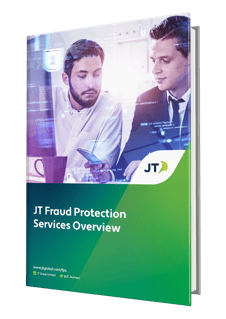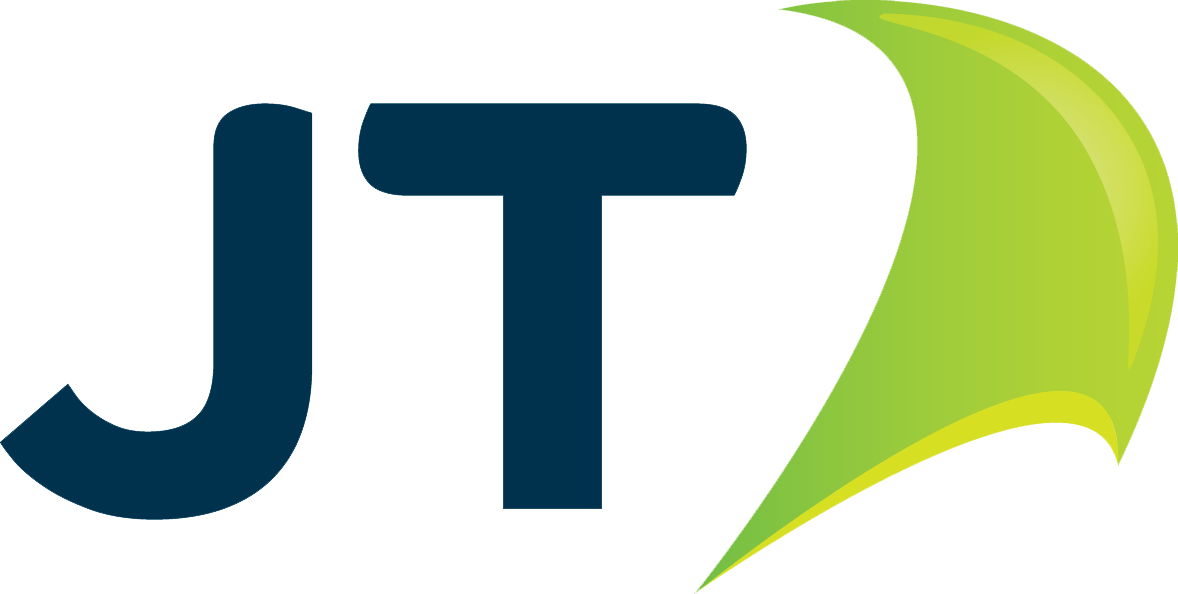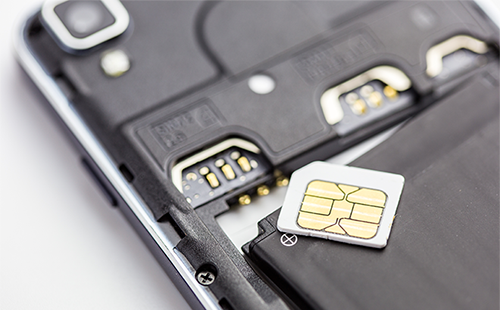The fight against fraud – how consumers and businesses will be impacted by the virus crisis

Impact on consumer spending and the impact on the retail market
These are uncertain times for both consumers and businesses. What is clear is that the UK economy is going to take a hit, as is the global economy as a whole. How big a hit is dependent on various factors but the impact is greatly influenced by the current restrictions and peoples’ inability to go about their normal working lives.
The International Monetary Fund has warned the virus could push the UK into its deepest slump for a century. In its report, the IMF said it expects the UK economy to shrink by 6.5% in 2020, while the global economy will contract by 3%.Growth in household spending in 2020 is predicted to be at its slowest since 2011, as the effect of Coronavirus temporarily weakens consumer demand. European retailers are expected to lose over $4bn due to disruption caused by the health emergency, according to data gathered by LearnBonds. Statistics show Germany is forecast to suffer the most with over $913m lost in retail sales.
With the social distancing rules in place consumers are spending less as they are forced to stay at home. Many household incomes will be negatively affected and coupled with uncertainty about the future people will be more cautious about unnecessary spending. Non essential items such as clothing and footwear brands are predicted to suffer the most, but the UK food and grocery market is forecast to grow higher than previous forecasted annual spend.
As millions of Europeans remain to stay at home many of them have opted for online orders – sometimes for the first time. This will see an increase in cashless payments and the opening of more digital accounts. An Ipsos survey reveals that more than 30% of Italian consumers increased how often they shopped online compared to the previous month. UK came next with 18% followed closely by France, and Germany.
With the virus encouraging consumers to remain at home, sales of quality food purchases as well as health and luxury items are rising while the leisure and tourism industry is suffering a hit from declining hotel, holiday and travel bookings.
Sports equipment – 28% decrease
Travel sites – 20% decrease
Hotel bookings – 8% decrease
Healthcare items – 27% increase
Online grocery shopping – 20% increase
Adult (luxury) items – 35% increase
(Source: Contentsquare)
As consumers look for ways to amuse themselves indoors, the large subscription giants such as Netflix are bound to be the winners in this crisis – 16 million new sign ups reported recently thanks to lock down. As traditional grocers come under pressure to fulfil online orders traditional wholesale businesses and smaller, niche companies will be able to fill the gap by being more flexible and providing choice to the market.
Reports are showing an increase of online transactions, in card not present activity due to flurry of financial activity — selling stocks, sending money to relatives, buying items they’d never considered before and accessing sites they have not tried before.
Impact on fraud
The increase in card not present activity and the spike of transaction volumes has resulted in a surge of fraud cases. New accounts are being opened at greater levels as millions of people are signing up for food delivery and other services, or recurring subscriptions, or using online services for the first time. As such it is just as important as ever that companies carry out identity verification checks.
Criminals are using the coronavirus outbreak as an opportunity to try to steal money. Google has revealed that its servers are currently blocking around 18 million scam emails per day and one fifth of those relate to COVID19. Fraudsters are posing as organisations such as banks and pretending to provide financial advice to people who are genuinely fearful about the months ahead. They’ll then try to trick consumers into giving personal or financial information. As a result, these stolen credentials are used to take over customer accounts.
With households effectively on lockdown across the world, some banks said customers had already been caught out by fraudsters posing as banks, government and even health service providers to persuade victims to hand over passwords or other sensitive data. Online merchants also need to err on the side of caution with every new customer registering or existing customers showing a dramatic change in shopping habits.
Requirement for strong customer authentication checks
As more people are staying at home, spending and financial activity is changing. More people are accessing online services and opening up new accounts to access new services. Due to this and the continued rise of fraudsters taking advantage of the situation, the banks and online merchants need to employ strong customer authentication checks to ensure that unusual spending activity is in fact down to the change in consumer buying activity and not the result of fraudsters taking over peoples’ accounts. In addition, the regulations enforced by the European Banking Authority are starting to come in to effect making it obligatory for banks and merchants to implement SCA with certain purchases. Card issuers will also have to employ step up verification checks if they see unusual behaviour associated with the new minimum spend levels for contactless payments.
The FCA is indicating that for banks and other UK payment service providers (PSPs) the deadlines that have been set for implementing 'strong customer authentication' (SCA) standards for e-commerce could be pushed back in light of the coronavirus crisis. The FCA is supportive of contactless payments and welcome the industry’s initiative to increase the contactless limit but is recommending fraud monitoring tools and systems are in place.
At this time when retail businesses are under more pressure than ever before, the focus has to be on providing a satisfactory service and retaining loyal customers. The key concerns are fraud; friction and false declines. Nielson sets the cost of card fraud at $28B and the revenue lost to false declines could be worth 10 times that amount. Without robust customer authentication checks, retailers could see customer churn unless the fraud; friction and false decline concerns are dealt with. Only those organisations who are putting the consumer first and ensuring they are not compromised security wise in any way will come out of this with intact reputations and perhaps with a new group of satisfied customers that will reward with loyalty even when this virus shadow has lifted.
JT Fraud Protection Services
JT currently works with leading organisations providing powerful sources of data linking a consumer to their mobile device. Just simple background checks utilising Mobile Network Operator data can make the difference in determining whether a transaction can be approved with the upmost confidence. For instance, a live check to determine if a mobile account has been recently transferred to a new sim and when, can raise an alarm that a device may have been compromised in some way. This is a vital check to carry out before sending an SMS OTP and doesn’t interrupt the consumer experience or increase latency.
As a mobile network operator JT is able to aggregate cross operator data services and provide real time network checks that prove effective against the fight against fraud.

To learn more, get a copy of JT Fraud Protection Service Overview
Business as usual for JT’s Fraud Protection Services
Contact JT’s Fraud Protection Services team to find out how JT’s services can help you fight against fraud during this critical time.
Categories




